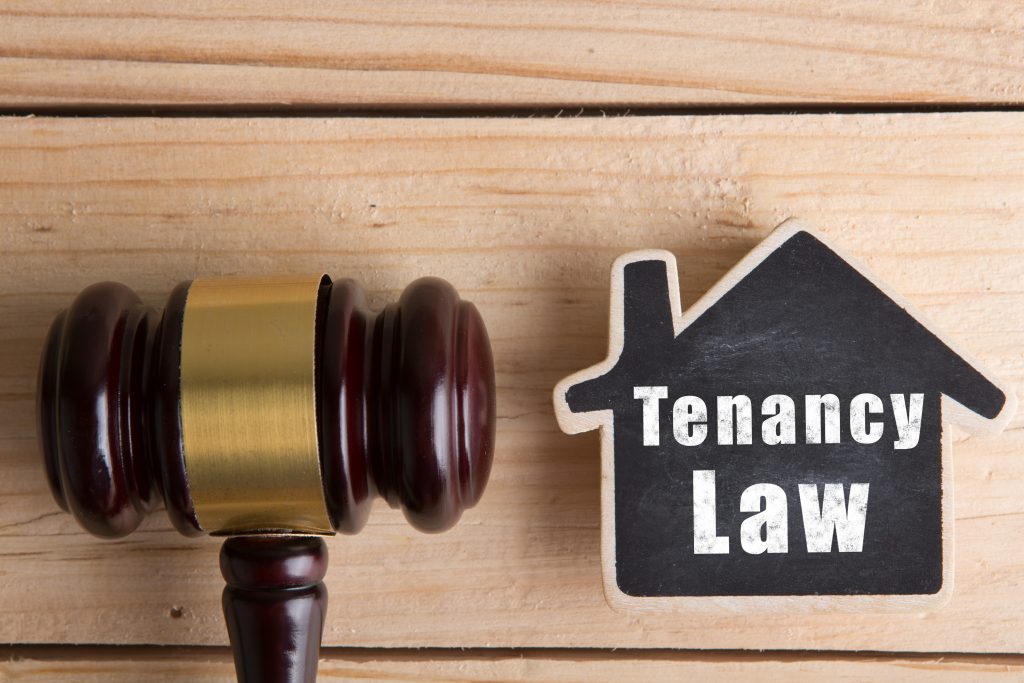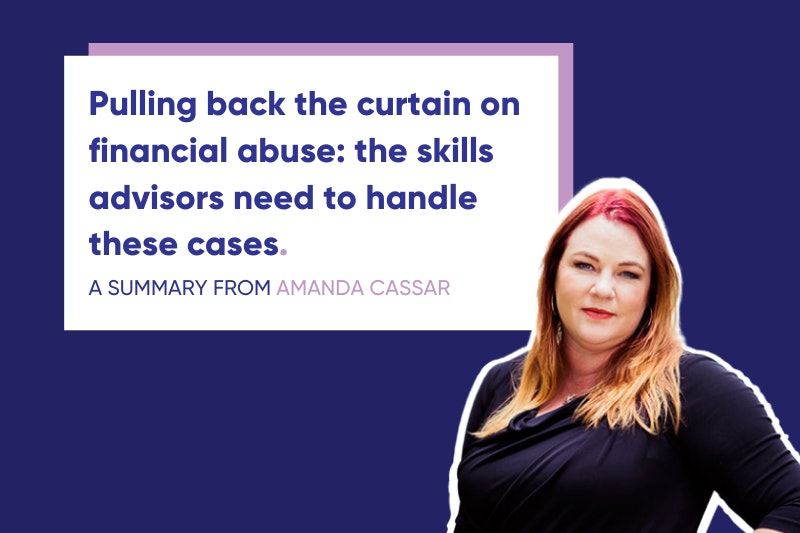Starting a new business can be exciting but there’s a lot to think about and organise too.
Before you even begin, consider how prepared you are to make the difficult decisions, work those long hours required, face possible and ongoing financial constraints, lose a fair amount of sleep, turn grey and maybe confront failure confront failure.
If that doesn’t put you off, here’s some more tips before you get started!
Research
If you still have the drive to make a success of your business idea, start by talking with others who have gone down the same path and can help you figure out your next steps. Most will tell you it’s hard, but totally worth it, tho some have enjoyed the journey, they’re also happy to go back to being employees.
Be under no illusions, this is a complex process with many moving parts, and having a checklist will make things easier.
The Department of Industry, Innovation and Science offers a lot of help through its business.gov.au website, including a start your own business preliminary checklist.
The checklist recommends following these steps:
- choose your business structure and type
- apply for an Australian Business Number (ABN)
- register your business name and trademark
- protect your intellectual property
- understand the appropriate standards and codes of practice
- set up record- and account-keeping processes
- register a website name
- work out what taxes you need to register for
- find out the registration processes and licences you need
- consider your insurance needs
- buy or lease business premises.
Business plan
One essential ingredient of any new business venture is to draw up a business plan, which you will need to secure any financing. It will also provide direction and help keep you on track. A business plan can run over one page, to being a small novel.
Financing your idea and keeping track of when the money comes in and where it goes, is crucial to your success, so a good bookkeeper and/or accountant is vital.
Employment
If you intend to hire people, you will also need to be familiar with the relevant labour laws, superannuation rules, work health and safety obligations and tax laws. Information about pay and conditions is available from the Fair Work Ombudsman website. You will also need workers’ compensation and public liability insurance.
A financial adviser can assist you with some of these, but there’s a lot to think about before jumping in.
But if you do still want to go for it, good luck to you and many successes ahead. We’d love to be a part of your journey and assist many in small business to get ‘all their ducks in a row.’ We’d love to help you too!




 January 18, 2025
January 18, 2025 




















